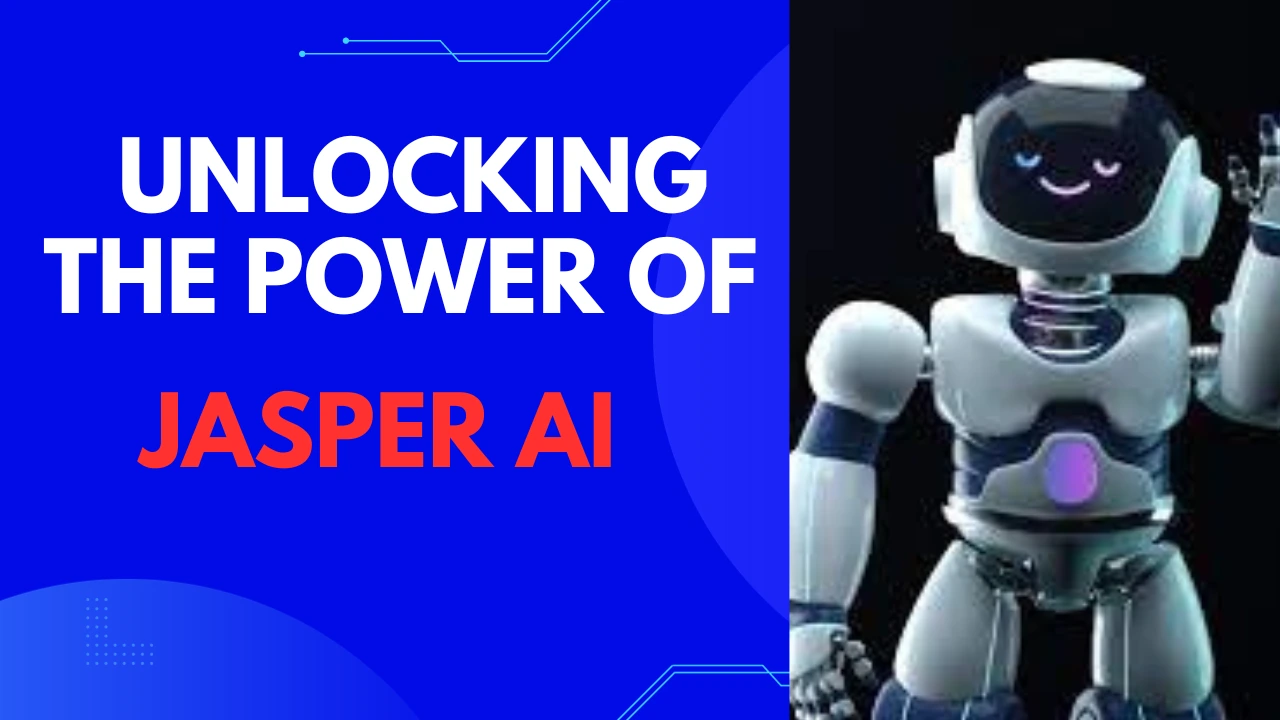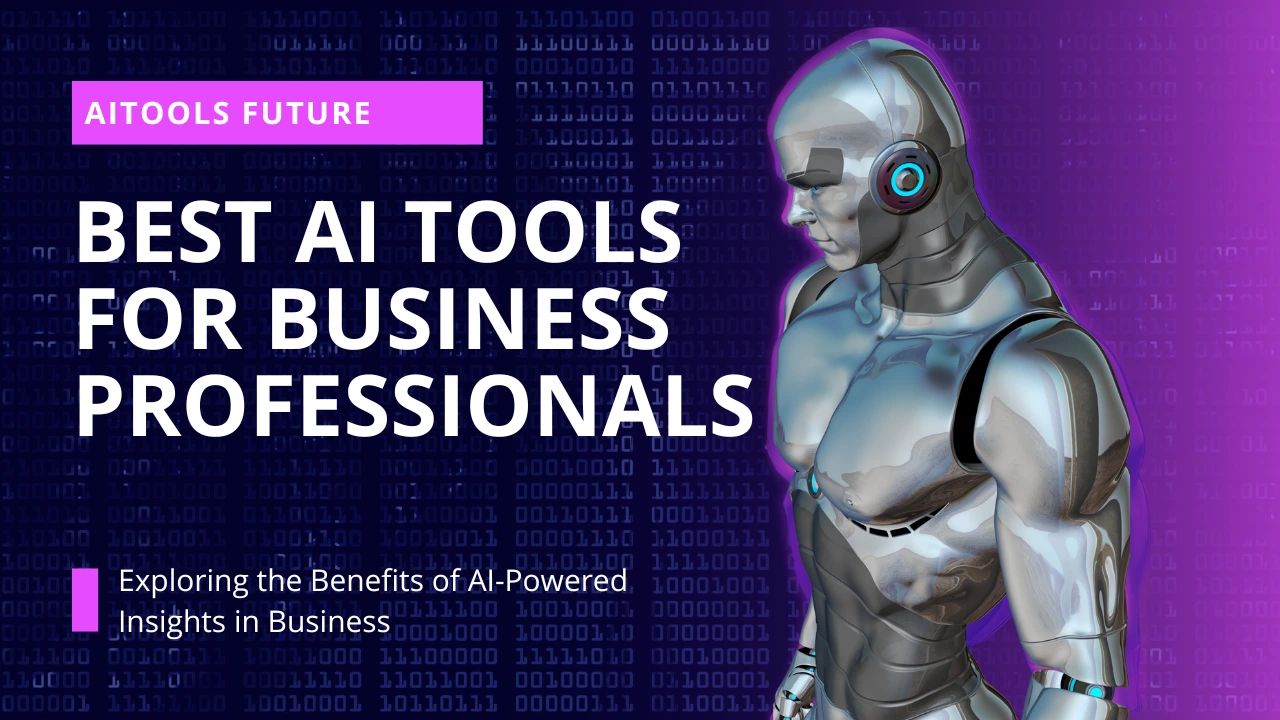Artificial intelligence (AI) is revolutionizing the field of marketing, providing innovative ways to engage with customers, analyze data, and make more informed decisions. In today’s competitive landscape, leveraging AI in Marketing field can be a game changer for businesses. In this article, we look at the strategies that can lead to success in AI-powered marketing, taking a closer look at each aspect.
Understanding the Role of AI in Marketing
Artificial intelligence, often seen as the driving force behind the fourth industrial revolution, has found a significant role in marketing. Its ability to process and analyze massive amounts of data in real-time is simply remarkable. To be successful with AI in marketing, it is essential to understand its role:
AI is a versatile tool
AI encompasses a wide range of technologies, including machine learning, natural language processing, and predictive analytics. Each of these technologies plays a unique role in improving marketing strategies.
Personalization at scale
AI enables highly personalized marketing by analyzing customer behavior and tailoring content and recommendations accordingly.
Predictive Analytics
AI can predict future customer behavior with astonishing accuracy, helping to forecast sales, customer churn, and other key metrics.

Data Collection and Analysis
Data is the lifeblood of AI-driven marketing. Effectively collecting, managing, and analyzing data is a critical step to success:
The quality of the data is important
The old adage “garbage in, garbage out” is true. High-quality data is a prerequisite for AI to deliver accurate insights and recommendations.
Data protection and compliance
Stricter data privacy regulations require careful handling of data collection and use. Ensure your data practices comply with regulatory requirements.
Use of customer data
Understand your audience by collecting data about their preferences, behaviors, and demographics. This forms the basis for creating personalized experiences.
Implement AI technologies
Successfully integrating AI technologies into marketing requires a well-thought-out strategy:
Choose the right AI tools
There are plenty of AI solutions out there. Choose the tools that fit your specific marketing goals, whether it’s chatbots for customer service or predictive analytics for sales forecasting.
Training and skills development
Make sure your team is equipped with the necessary skills to use AI tools effectively. Training and education are essential components of a successful AI integration.

Integration with Existing Systems
Make sure AI fits seamlessly into your current marketing infrastructure to avoid operational disruptions.
Content creation and marketing automation
AI is a powerful ally in content creation and marketing automation:
Automated content creation
AI can create compelling content, from product descriptions to blog posts, saving time and reducing manual labor.
Advertising campaign optimization
AI can optimize ad spend by analyzing data and adjusting ad placement in real time to maximize ROI.
Chatbots and customer service
AI-driven chatbots deliver instant responses to improve customer engagement and satisfaction.
Performance Monitoring and Continuous Improvement
To ensure the long-term success of AI in marketing, monitoring, and improvement are critical:
KPI tracking
Set key performance indicators (KPIs) to measure the impact of AI on your marketing efforts. Monitor regularly and adjust your strategies accordingly.
A/B testing and experimentation
Continually test different AI-driven approaches to see what resonates best with your target audience.
Feedback loops
Encourage customer and stakeholder feedback to refine your AI strategies. Iterate and improve based on their insights.
How to use AI in Marketing
In conclusion, here are some suggestions on how to use AI in marketing:
Personalize customer experiences
AI can be used to analyze customer data and identify individual customer needs and preferences. This information can then be used to personalize marketing messages, content and product offerings. For example, an e-commerce company could use AI to recommend products to customers based on their past purchasing and browsing behavior.
Improve marketing ROI
Automate marketing tasks
AI can be used to automate many repetitive marketing tasks, such as email marketing, social media posts, and ad campaign management. This allows marketers to focus on more strategic and creative tasks.
Improve marketing ROI
AI can help you optimize marketing campaigns and track their results in real time. This information can then be used to adjust campaigns as needed and improve their performance. For example, an advertiser could use AI to test different ad variations and identify the most effective ones.
Strategies for Success
To help you understand, here are some strategies for success when using AI in marketing:
Start with a clear goal
What do you want to achieve with AI? Once you know your goal, you can choose the right AI tools and techniques to help you achieve it.
Focus on the customer
AI should be used to improve the customer experience, not to replace human interaction. Make sure you are using AI in a way that is ethical and respects your customers.
Measure your Results
It’s important to track the results of your AI marketing campaigns so you can see what’s working and what’s not. You can then use this information to improve your campaigns over time. Here are some concrete examples of how companies are using AI in marketing today:
- Netflix: Netflix is using AI to recommend movies and TV shows to its users based on their viewing habits.
- Amazon: Amazon is using AI to recommend products to its customers based on their past purchases and browsing habits.
- Google: Google uses AI to personalize search results and ads for its users.
AI is a powerful tool that can improve marketing in many ways. By following the strategies above, you can use AI to create more effective and customer-focused marketing campaigns.
Recommended Reading:
AI in Business : Maximising ROI
How to Design an AI Marketing Strategy
Summary
AI in marketing is a powerful tool that can revolutionize the way businesses engage with their audience, analyze data, and make informed decisions. To succeed in this AI-driven era, it’s important to understand the role of AI, master data collection and analysis, implement the right AI technologies, use AI for content creation and marketing automation, and continuously monitor and improve your strategies. With these strategies, companies can realize the true potential of AI in marketing and stay ahead in a rapidly evolving digital landscape.



